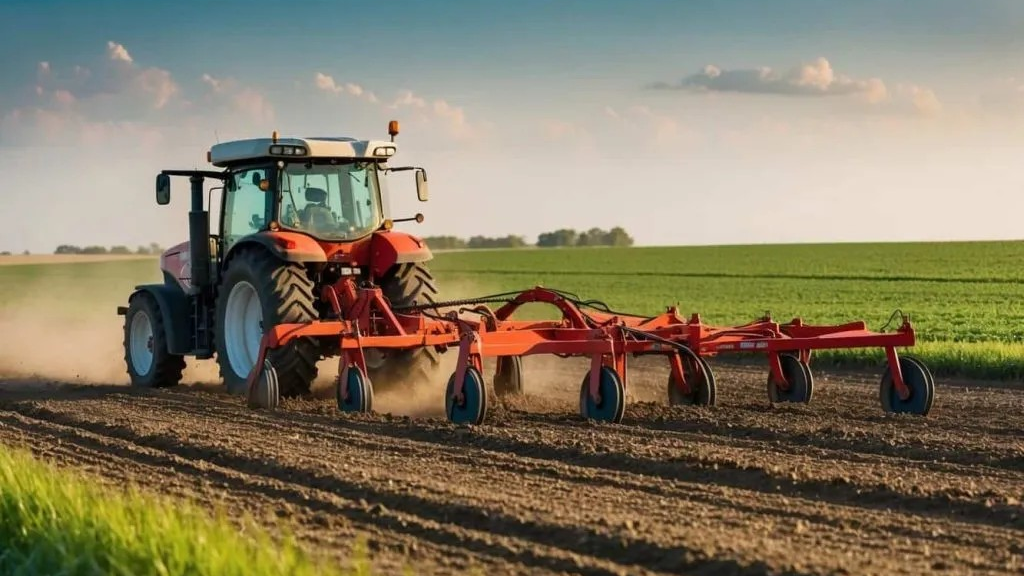Intensive agriculture is destroying nature
More than 3,600 scientists across Europe warn that intensive agriculture is threatening the environment. Excessive use of fertilizers and pesticides destroys biodiversity, degrades soil quality, pollutes water, and contributes to climate change.
Large-scale industrial farming without ecological features such as meadows, hedgerows, or wetlands leads to a decline in insects, farmland birds, hares, and small mammals. These semi-natural areas are essential — they retain water, prevent soil erosion, and support biodiversity.
Current agricultural policies often favor large farms through massive direct payments with minimal environmental requirements. This system harms nature, increases inequality among farmers, and fails to protect the landscape.
Main negative impacts of intensive agriculture
- Loss of biodiversity: Intensive farming has caused a 55% decline in bird populations in Europe since 1980.
- Water and soil pollution: Fertilizers and pesticides contaminate water sources and degrade soil, reducing long-term agricultural productivity.
- Climate change: Intensive practices emit greenhouse gases, worsening global warming and increasing extreme weather events.
- Landscape degradation: Large-scale monocultures reduce the land’s ability to retain water and support ecosystems.
Possible solutions
- Shift to sustainable farming: Regenerative and eco-friendly practices can improve soil health, cut emissions, and restore biodiversity.
- Reform agricultural policies: Support for environmentally responsible farming should replace subsidies that reward scale over sustainability.
- Raise awareness and education: Educating the public and farmers about sustainable agriculture can drive behavior change and policy reform.
Immediate action is essential to preserve a healthy, diverse, and resilient landscape for future generations.

